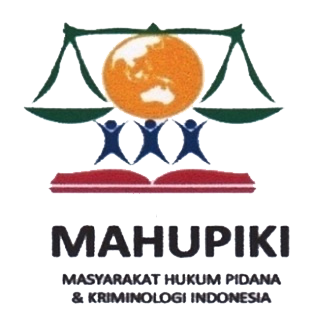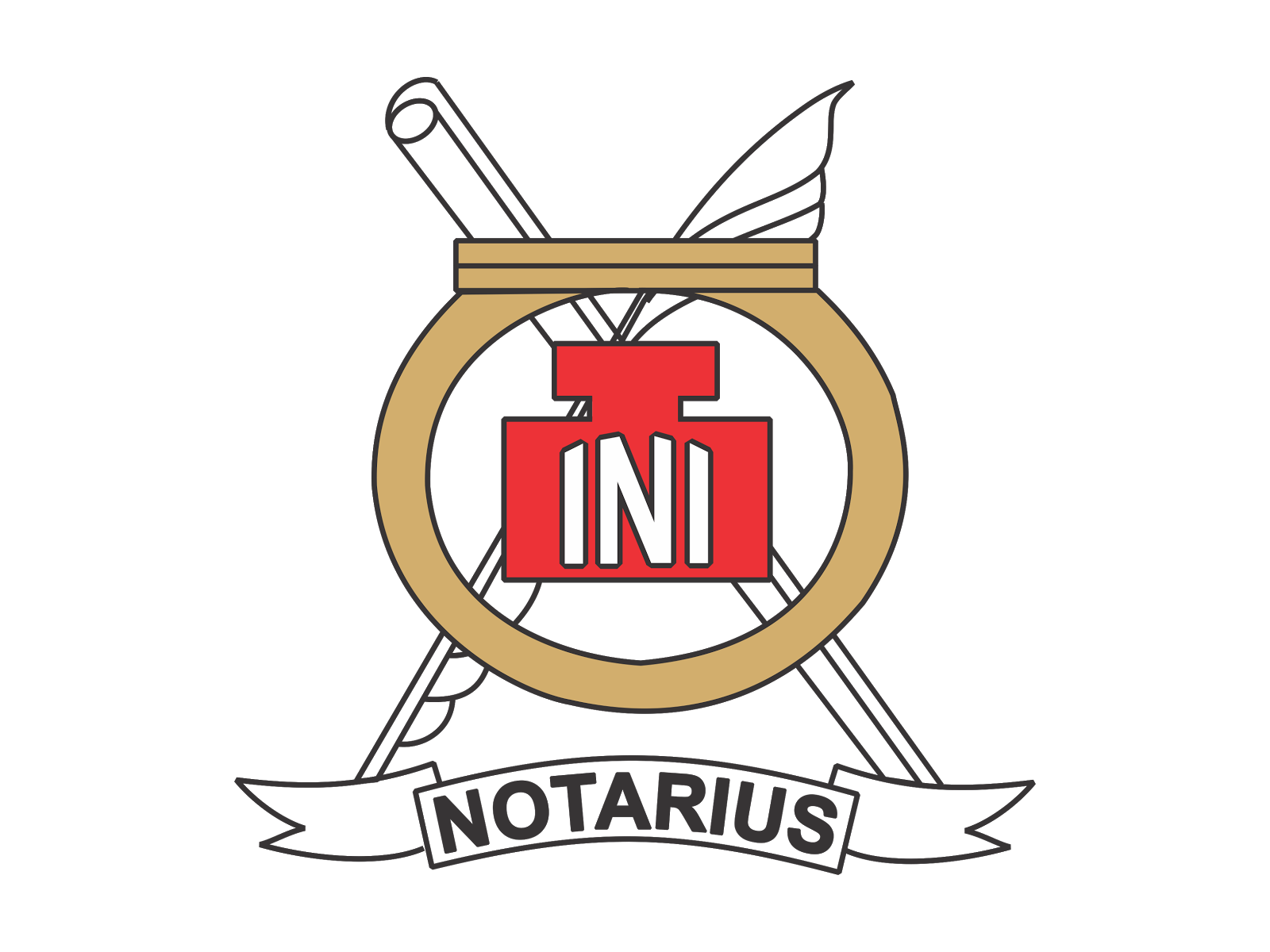Perlindungan Hak Debitur Pinjaman Online (Pinjol) Dalam Perspektif Cyber Law
DOI:
https://doi.org/10.35586/jhs.v1i3.8688Abstract
The development of technology that is not limited to the current digital era, is more complete with the presence of one form of application of information technology in the financial sector, namely the Online Loan application. Many people think that this Online Loan is an easy and fast solution to get money. The development of the fintech industry is also attached to the negative stigma of the community, especially in the way of billing. The issue of Online Loans or Financial Technology Peer To Peer Lending (Fintech P2P) is increasingly in the public spotlight. Various cases of violations of Fintech Companies began to appear in the mass media. There are various types of violations by Fintech Companies. Starting from intimidating billing (Article 368 of the Criminal Code and Article 29 in conjunction with 45 of the ITE Law), personal data dissemination (Article 32 in conjunction with Article 48 of the ITE Law), fraud (Article 378 of the Criminal Code). Unfortunately, the legal solution to this problem is still minimal, so similar cases keep popping up. This journal contains legal issues on illegal online loans and forms of solving online loan problems that are currently rampant. The purpose of this journal is to find out the resolution of security and safety threats carried out by creditors against debtors in their activities online loans are illegal at this point. This journal uses the research method of the ITE Law approach. The results of this journal are the existence of legality of online loan companies, the violation of the rights of online loan service users is expected to minimize the risk of violating user rights and if the violation of the rights of service users persists, the authorities can more easily reach the service provider because of the availability of documents. Complete information about the service provider.
Downloads
Published
How to Cite
Issue
Section
License

This work is licensed under a Creative Commons Attribution-ShareAlike 4.0 International License.
Authors who publish with this journal agree to the following terms:
- Authors retain copyright and grant the journal right of first publication with the work simultaneously licensed under a Creative Commons Attribution-ShareAlike 4.0 International License that allows others to share the work with an acknowledgement of the work's authorship and initial publication in this journal.
- Authors are able to enter into separate, additional contractual arrangements for the non-exclusive distribution of the journal's published version of the work (e.g., post it to an institutional repository or publish it in a book), with an acknowledgement of its initial publication in this journal.
- Authors are permitted and encouraged to post their work online (e.g., in institutional repositories or on their website) prior to and during the submission process, as it can lead to productive exchanges, as well as earlier and greater citation of published work (See The Effect of Open Access).
Jurnal Statuta have CC-BY-SA or an equivalent license as the optimal license for the publication, distribution, use, and reuse of scholarly work.
In developing strategy and setting priorities, Jurnal Statuta recognize that free access is better than priced access, libre access is better than free access, and libre under CC-BY-SA or the equivalent is better than libre under more restrictive open licenses. We should achieve what we can when we can. We should not delay achieving free in order to achieve libre, and we should not stop with free when we can achieve libre.
You are free to:
- Share — copy and redistribute the material in any medium or format
- Adapt — remix, transform, and build upon the material for any purpose, even commercially.
The licensor cannot revoke these freedoms as long as you follow the license terms.

Jurnal Statuta licensed under a Creative Commons Attribution-ShareAlike 4.0 International License.











